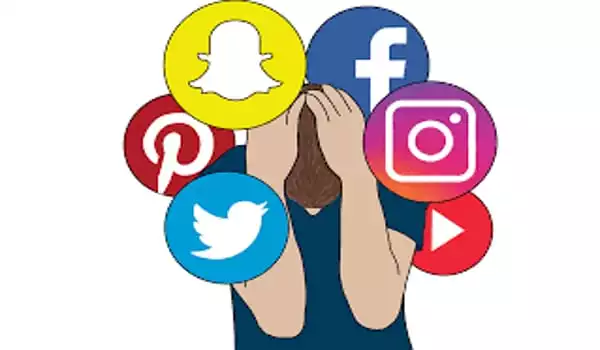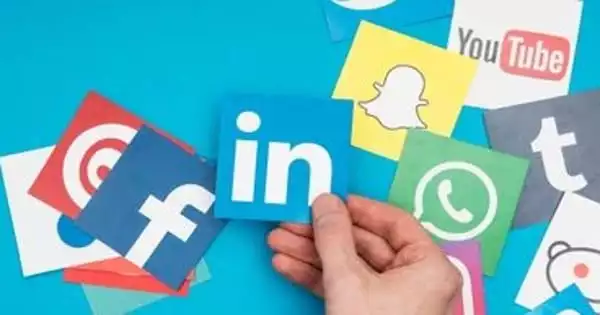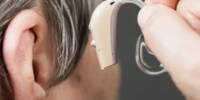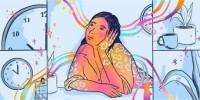Spending too much time scrolling might exacerbate emotions of tension, worry, and sadness. To take a break from social media, turn off notifications and set time limits. Taking a break that lasts hours, days, or weeks can all be helpful to your health and happiness. A new study that encouraged individuals to take a week off from TikTok, Instagram, Twitter, and Facebook discovered good outcomes for wellbeing, despair, and anxiety.
According to the authors of a recent study, asking people to cease using social media for one week could result in significant changes in their wellbeing, sadness, and anxiety, and could be advised as a tool to assist people manage their mental health in the future.
A team of researchers from the University of Bath (UK) investigated the mental health impacts of a week-long social media hiatus. For some study participants, this meant saving approximately nine hours per week that they would have otherwise spent browsing through Instagram, Facebook, Twitter, and TikTok.
Their findings, published in the journal Cyberpsychology, Behaviour, and Social Networking in the United States, reveal that only one week away from social media enhanced people’s general well-being and reduced symptoms of despair and anxiety.
Of course, social media is a part of life and for many people, it’s an indispensable part of who they are and how they interact with others. But if you are spending hours each week scrolling and you feel it is negatively impacting you, it could be worth cutting down on your usage to see if it helps.
Dr. Jeff Lambert
For the study, the researchers randomly assigned 154 people aged 18 to 72 who used social media every day to one of two groups: intervention (they were asked to cease using all social media for one week) or control (they may continue scrolling as usual). Baseline scores for anxiety, depression, and well-being were obtained at the start of the study.
At the start of the study, participants reported spending an average of 8 hours per week on social media. One week later, participants who were instructed to take a one-week vacation showed significantly higher levels of happiness, despair, and anxiety than those who continued to use social media, indicating a short-term advantage.
Participants who were asked to take a one-week sabbatical reported spending an average of 21 minutes on social media, compared to an average of seven hours for those in the control group. Screen usage statistics were provided to ensure that people followed the break.
Dr. Jeff Lambert, lead researcher at Bath’s Department of Health, explains: “Scrolling social media is so pervasive that many of us do it almost without thinking from the moment we get up to the moment we close our eyes at night.”

“We know that social media usage is massive and that there are growing worries about its mental health implications, so we wanted to test if simply asking people to take a week off could result in mental health advantages.” Many of our participants claimed that being off social media boosted their mood and reduced their anxiety. This implies that even a minor interruption can have an effect.”
“Of course, social media is a part of life and for many people, it’s an indispensable part of who they are and how they interact with others. But if you are spending hours each week scrolling and you feel it is negatively impacting you, it could be worth cutting down on your usage to see if it helps.”
The researchers now aim to expand on their research to discover if taking a short break can benefit diverse demographics (e.g., younger people or people with physical and mental health conditions). The team also wants to follow up with folks for more than a week to see if the effects remain. If this is the case, they believe it will become part of the treatment alternatives used to help manage mental health in the future.
Over the last 15 years, social media has transformed how we interact, as evidenced by the massive expansion of the major platforms. In the United Kingdom, the proportion of adults who use social media has risen from 45 percent in 2011 to 71 percent by 2021. Among 16 to 44-year-olds, as many as 97% of us use social media and scrolling is the most frequent online activity we perform.
Depression is defined by feeling ‘down’ and lacking pleasure, whereas anxiety is defined by excessive and out-of-control concern. The term “wellbeing” relates to a person’s level of positive affect, life satisfaction, and feeling of purpose. According to the Mind, one in every six of us has a common mental health disorder such as anxiety or depression in any given week.
















